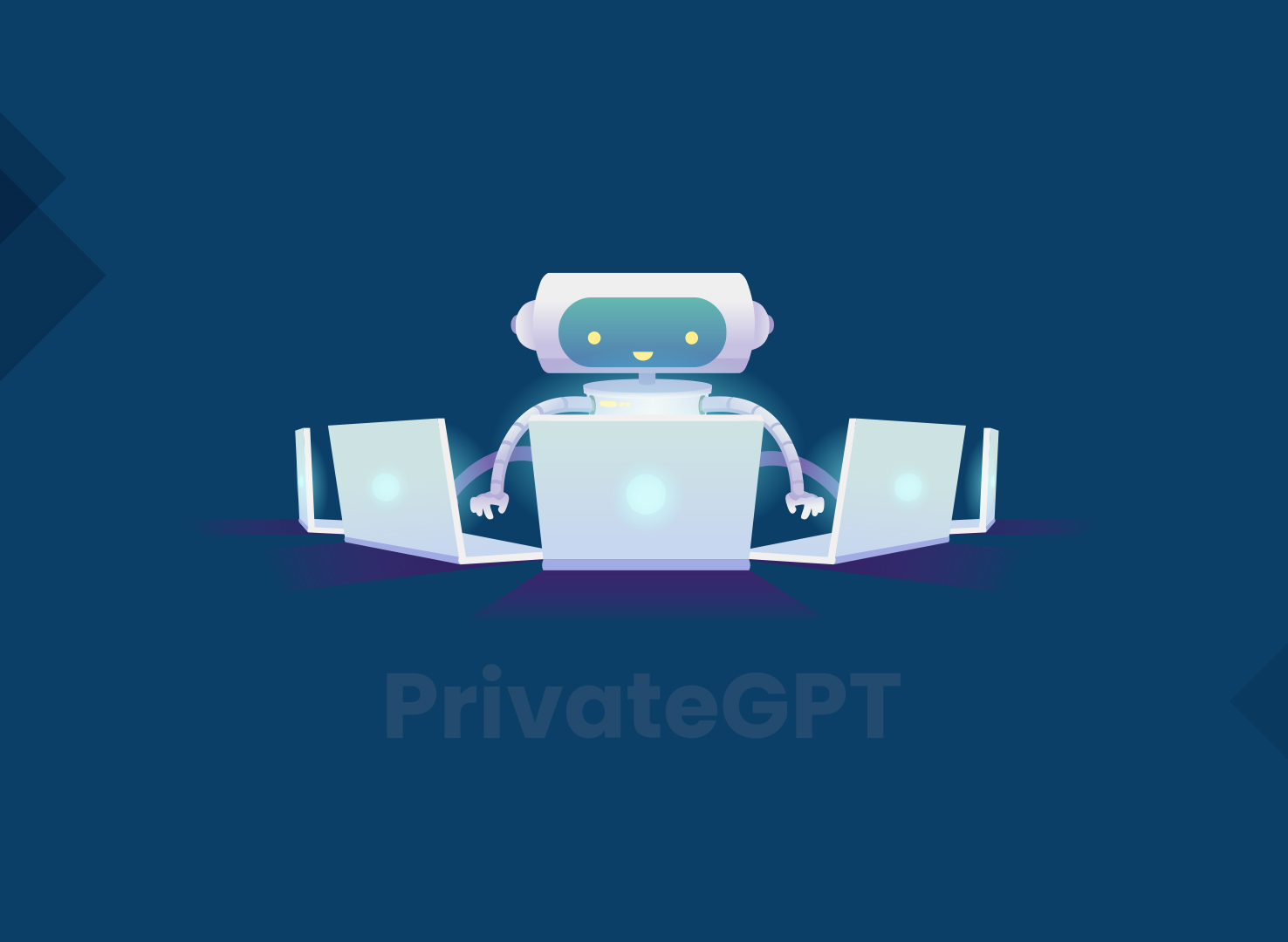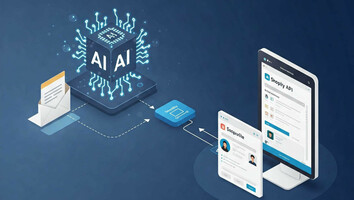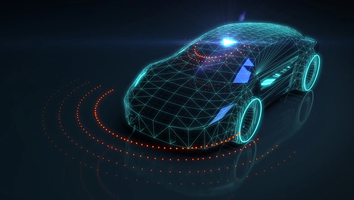In recent years, artificial intelligence (AI) has made remarkable advancements, particularly in natural language processing and understanding. AI models like OpenAI's GPT (Generative Pre-trained Transformer) have gained significant attention for their ability to generate human-like text. While these models have been widely used in various applications, concerns about privacy and data security have also arisen. In response to these concerns, a new solution called PrivateGPT has emerged, aiming to provide the benefits of AI assistance while ensuring privacy and data protection.
In this blog post, we will delve into the concept of PrivateGPT and its implications for the future of AI-powered virtual assistants.
Understanding PrivateGPT
PrivateGPT is an AI tool designed to offer a private and secure alternative to traditional AI assistants. It addresses the growing concerns regarding the collection and usage of personal data by AI models. Unlike conventional AI assistants that rely on cloud-based servers and extensive data collection, PrivateGPT operates locally, ensuring that user interactions and data stay on the user's device and remain confidential.
Privacy and Security Features
- On-Device Processing: PrivateGPT performs the majority of its computational tasks directly on the user's device, reducing the need for data transfer and minimizing the exposure of sensitive information to external servers.
- Encrypted Data Handling: PrivateGPT incorporates encryption techniques to safeguard user data. Encrypting user interactions and data before processing, it ensures that only the user has access to the decrypted information, enhancing data security.
- Differential Privacy: PrivateGPT leverages differential privacy techniques, which add a layer of noise to user inputs to protect individual privacy. This ensures that even if an attacker gains access to the AI model's training data, they would be unable to identify specific individuals.
Benefits of PrivateGPT
- Enhanced Privacy: With PrivateGPT, users can enjoy the benefits of AI assistance without compromising their privacy. User data remains under their control, reducing concerns about unauthorized access, data breaches, or misuse.
- Localized Processing: By performing computations on-device, PrivateGPT eliminates the need for constant internet connectivity, enhancing accessibility and enabling AI-powered assistance in offline environments.
- Customization and Personalization: PrivateGPT allows users to personalize their AI assistant according to their preferences without relying on cloud-based profiles. This offers a more tailored and user-centric experience.
- Data Minimization: Since PrivateGPT processes and stores data locally, it minimizes the amount of data that needs to be transferred or stored on external servers. This contributes to reducing the overall data footprint and potential privacy risks.
Considerations and Future Implications
While PrivateGPT addresses privacy concerns, it's important to strike a balance between privacy and the quality of AI assistance. Localized processing may result in limitations compared to cloud-based AI models that have access to vast amounts of training data. Ongoing advancements in secure federated learning and other privacy-preserving techniques could potentially bridge this gap, offering both privacy and AI performance.
The future of AI processing is here with privateGPT. It's offline, secure, and conversational, revolutionizing our interaction with text data. Whether you're a data analyst, researcher, or tech enthusiast, privateGPT is an innovation worth exploring. Exciting developments lie ahead, so let's embrace this AI revolution and start chatting with our PDFs and documents!
Applications of Private GPT
- Healthcare: Private GPT can be instrumental in the healthcare sector, where the privacy and security of patient data are of utmost importance. By running the model on local devices or within secure infrastructures, healthcare professionals can leverage Private GPT to generate reports, assist in diagnosis, or provide personalized treatment recommendations without compromising patient privacy.
- Legal and Compliance: Lawyers and legal professionals deal with confidential client information regularly. Private GPT can aid in drafting legal documents, and contracts, or generating case summaries while ensuring that client data remains protected. This application of Private GPT streamlines legal processes while maintaining data security.
- Financial Services: Private GPT can be used within the finance industry to generate personalized investment advice, assist in risk analysis, or provide customer support. By keeping sensitive financial data local, Private GPT enhances the security of financial transactions and recommendations.
- Education and E-learning: Private GPT can be integrated into e-learning platforms to provide personalized tutoring, automated feedback on assignments, or generate educational content. By running the model locally, students' personal information is safeguarded, enabling them to access tailored educational experiences in a secure environment.
Conclusion
PrivateGPT is an AI tool that ensures privacy while providing exceptional text-data interaction. Whether you're a data analyst, researcher, or tech enthusiast, privateGPT offers offline, secure, and conversational capabilities. Although localized processing may have some limitations compared to cloud-based models, ongoing advancements in privacy-preserving techniques can bridge this gap. Let's embrace this AI revolution and start exploring the exciting developments with privateGPT.



